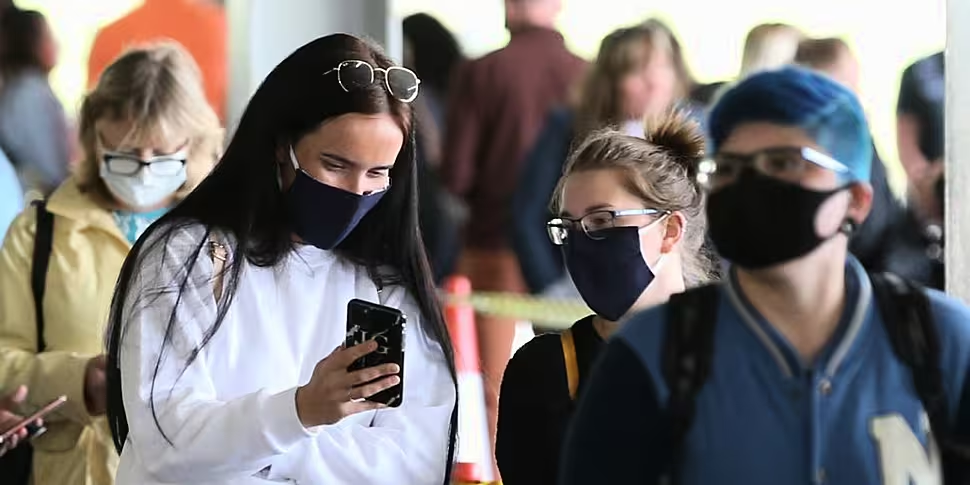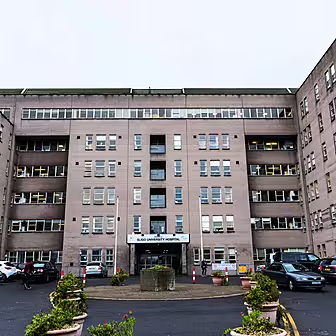The numbers of people wearing face coverings in public will be discussed by the country's top public health officers today.
The National Public Health Emergency Team (NPHET) is meeting to discuss the ongoing response to the COVID-19 pandemic.
They will review updated World Health Organisation (WHO) guidance on face coverings, and consider the growing calls for masks to be used more in community settings.
It comes after the Director of the National Virus Reference Lab, who advises NPHET, told the Special Committee on COVID-19 Response that the evidence around the use of cloth masks is "not fantastic".
Earlier this week, the WHO special envoy on COVID-19 appealed to Irish people to wear face coverings on public transport.
Dr David Nabarro said: "Nobody wants to compel people to do particular things, it's much better if people themselves decide to do it."
But he said he believes these are necessary.
"There are people who work, driving vehicles or at the platforms of railway stations, who because of their occupation are necessarily in contact with perhaps several hundred people a day and they may well be exposed because an individual may not know that they have COVID.
"They might be at the very earliest stage of their infection".
"It's the people with whom we're in contact that we need to worry about the most.
"We ourselves of course we can make decisions about ourselves and we can decide how much risk we're prepared to take.
"But the person who's serving us, looking after us, caring for us, cleaning for us: they're the ones who are most at risk".
It comes as another five people with COVID-19 died here on Wednesday, along with 19 new confirmed cases.
There have now been a total 1,695 COVID-19 related deaths here and 25,231 cases.
There is currently a total of 102 confirmed cases in hospital, with 29 of these cases in ICU.
While the recovery rate here is now at 92%.
Dr Ronan Glynn, Deputy Chief Medical Officer, said: "While it is very welcome that the vast majority of people who contracted COVID-19 have recovered from the acute phase of their illness, there are many who continue to experience longer term effects including fatigue and decreased exercise capacity.
"Avoid contracting this new and unpredictable disease by following public health advice – regular hand washing, physical distancing and cough/sneeze etiquette".
Additional reporting: Shane Beatty









